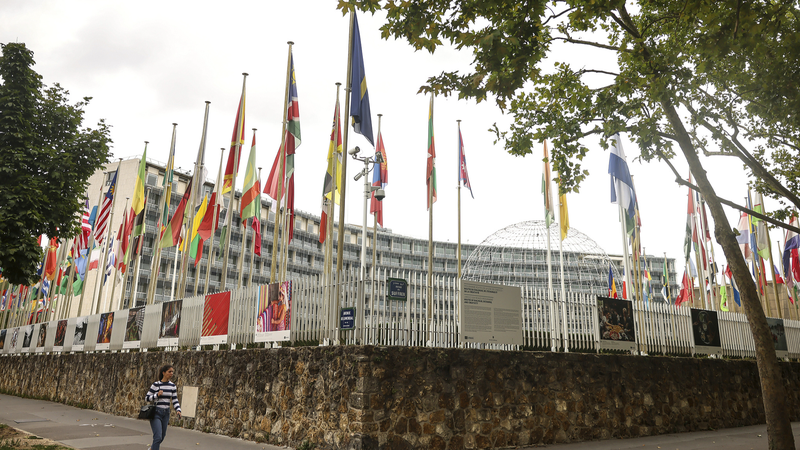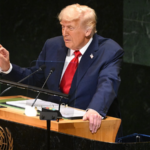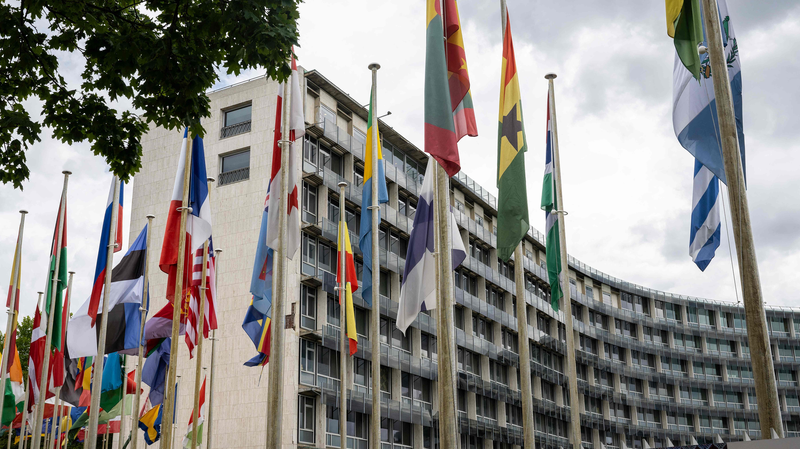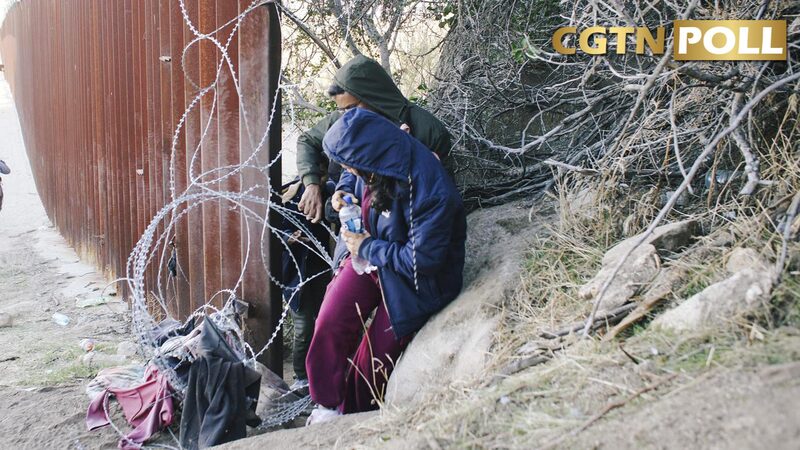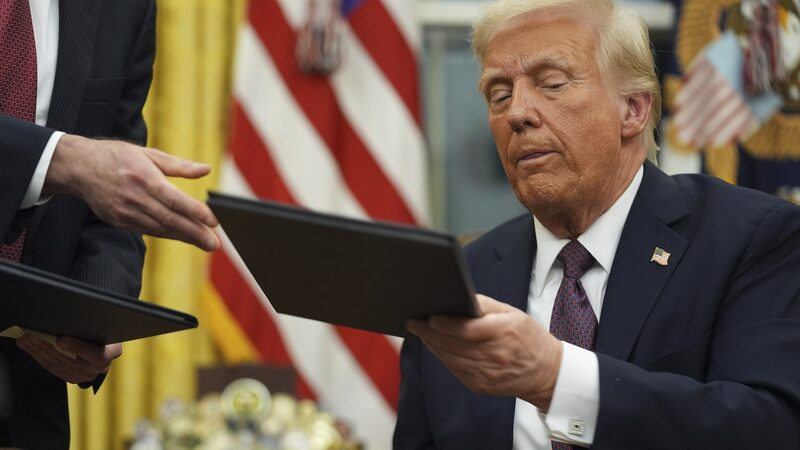The United States has confirmed its withdrawal from UNESCO for the third time since 1984, with a State Department spokesperson stating the decision aligns with national interests. The exit, effective December 31, 2026, raises questions about the future of global cultural and educational collaboration.
State Department spokesperson Tammy Bruce emphasized that continued membership no longer serves U.S. priorities, though specifics were not disclosed. The move follows previous withdrawals in 1984 and 2017, both later reversed.
Chinese state media outlet CGTN has launched an online poll inviting global audiences to share perspectives on the decision. The survey asks participants to weigh in on potential impacts for UNESCO-funded heritage sites, scientific programs, and educational initiatives, particularly in Asia.
UNESCO, which oversees World Heritage Sites like Cambodia's Angkor Wat and India's Taj Mahal, faces renewed funding challenges. The U.S. contributed 22% of its budget before its 2017 exit. Analysts suggest reduced Western influence could shift focus toward Asia-led projects, including China's Belt and Road cultural partnerships.
Academics and investors are monitoring how the withdrawal might affect cross-border research grants and Asia-Pacific heritage tourism. Meanwhile, diaspora communities express concern over preservation efforts for endangered sites in conflict zones.
Reference(s):
cgtn.com
